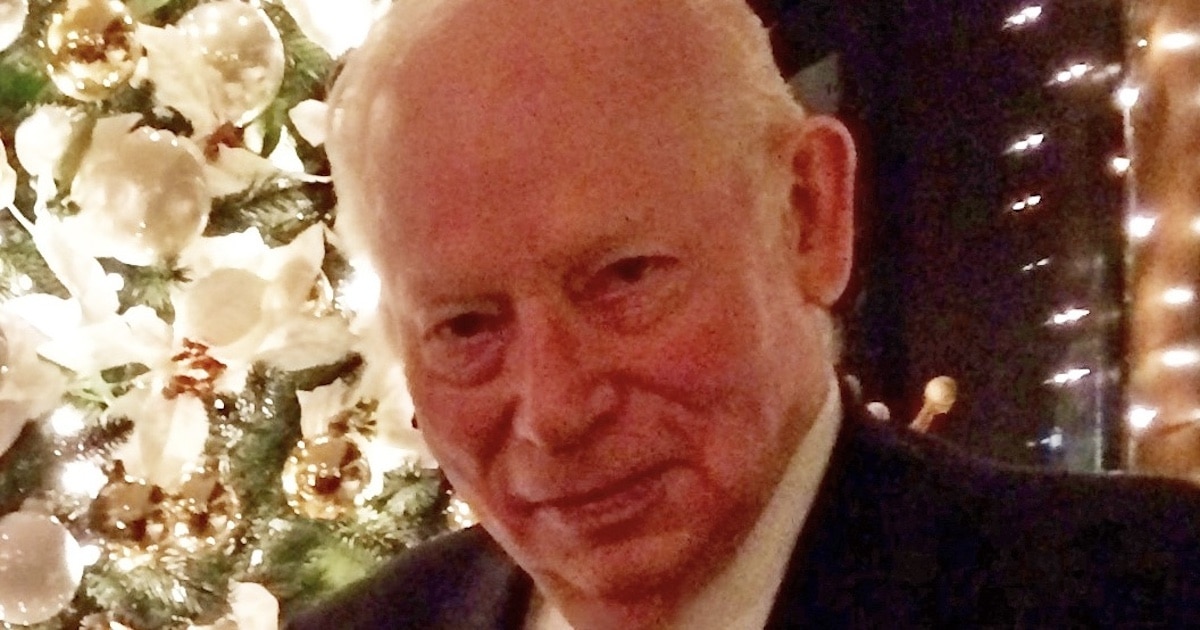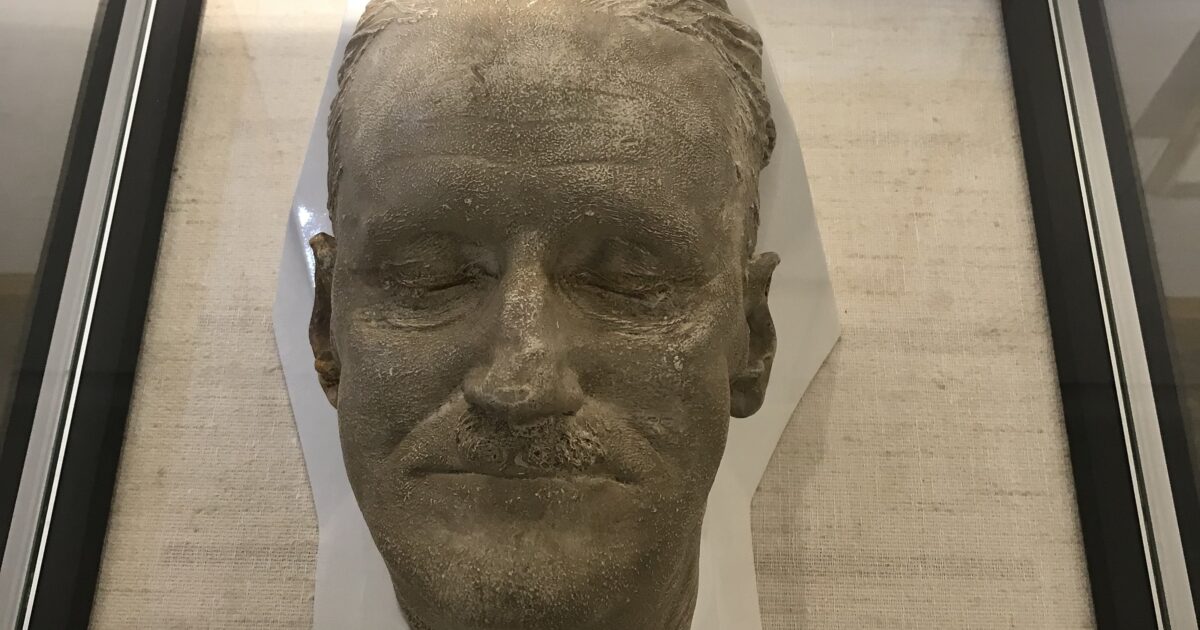
Archives

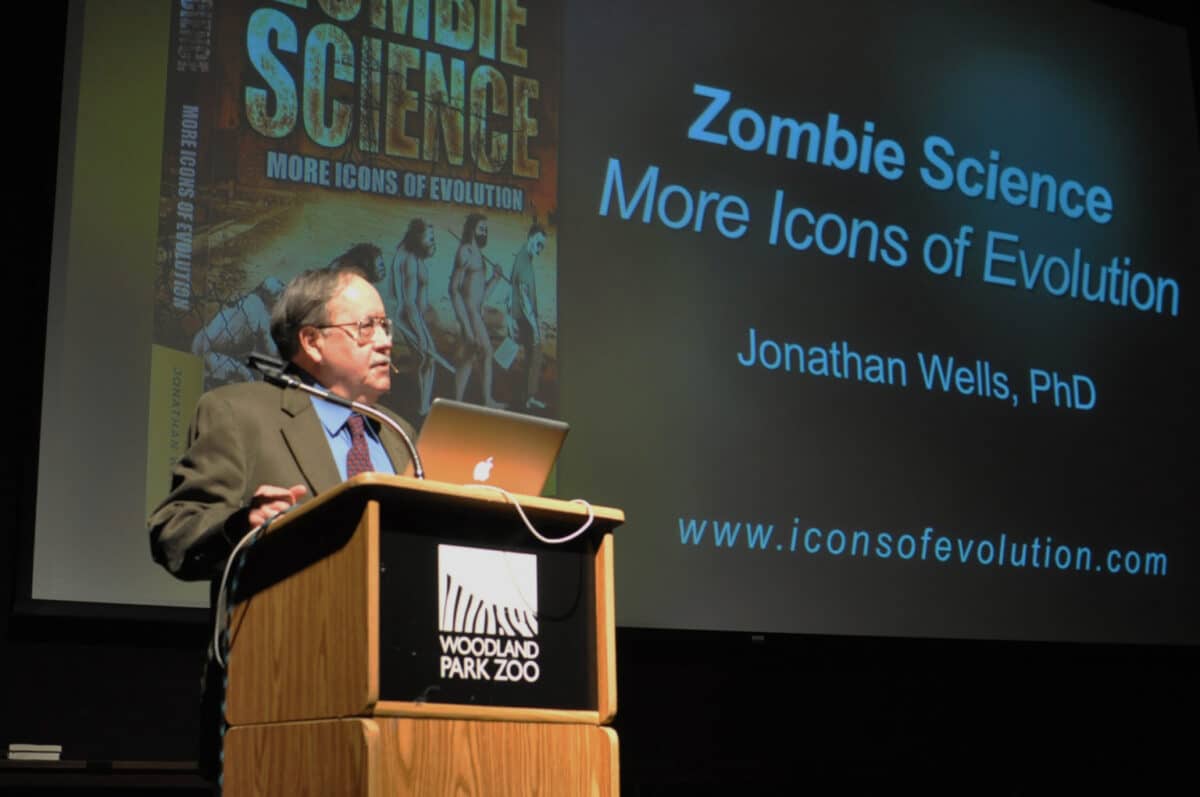
Remembering Jonathan Wells, a Key Figure in the Intelligent Design Movement

Responding to Lee Cronin: A Modular Theory of Assembly

Disassembling Lee Cronin’s Assembly Theory

Building a Better Definition of Intelligent Design

Artificial Intelligences Promises to Level the Playing Field for Intelligent Design
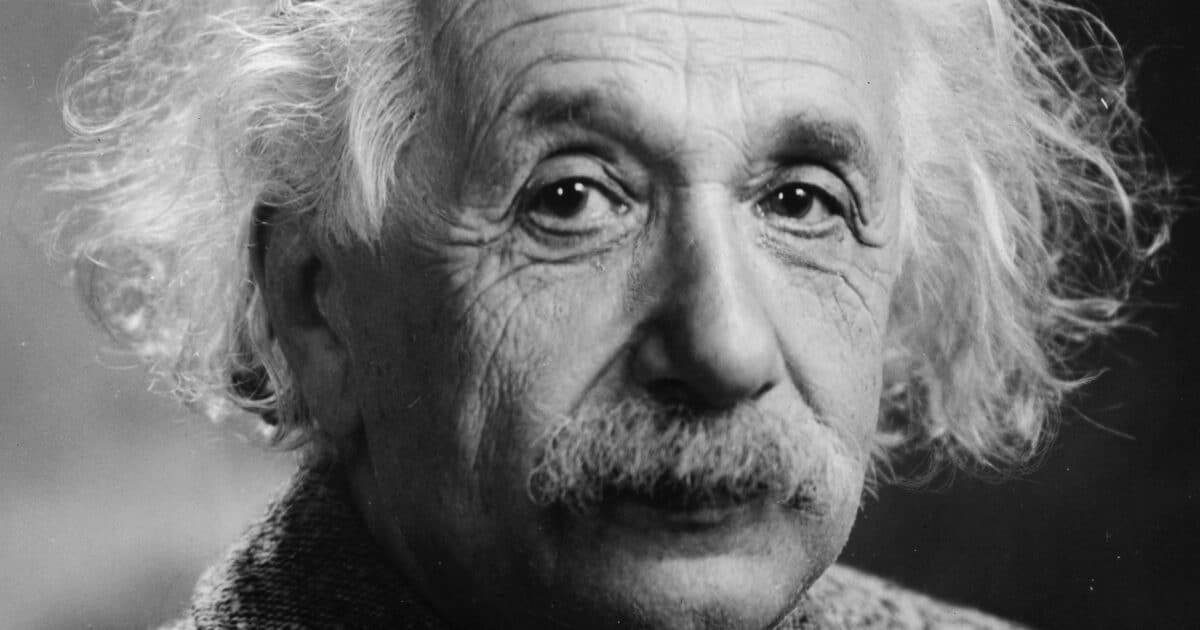
Science, Faith, and Einstein
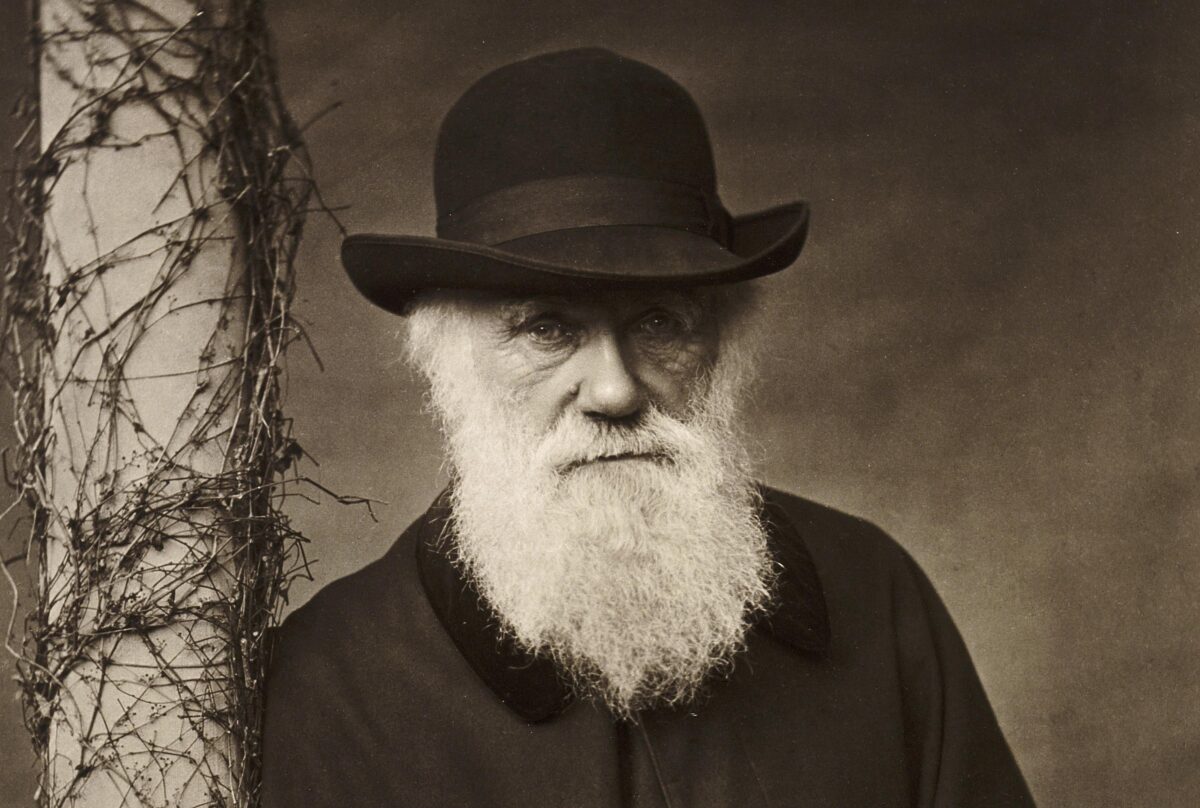
Darwin Devotion Detector: Take the Test Now

Poland’s Intelligent Design Revolution
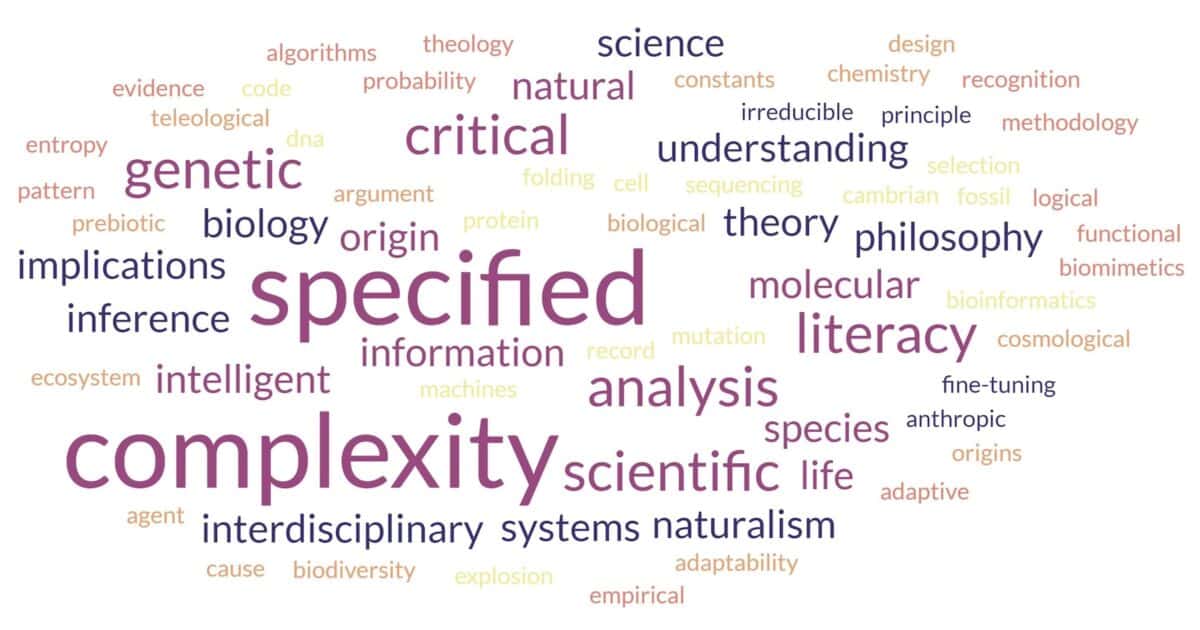
Why Specified Complexity Is Key to Detecting Design

Dawkins the New Cultural Christian
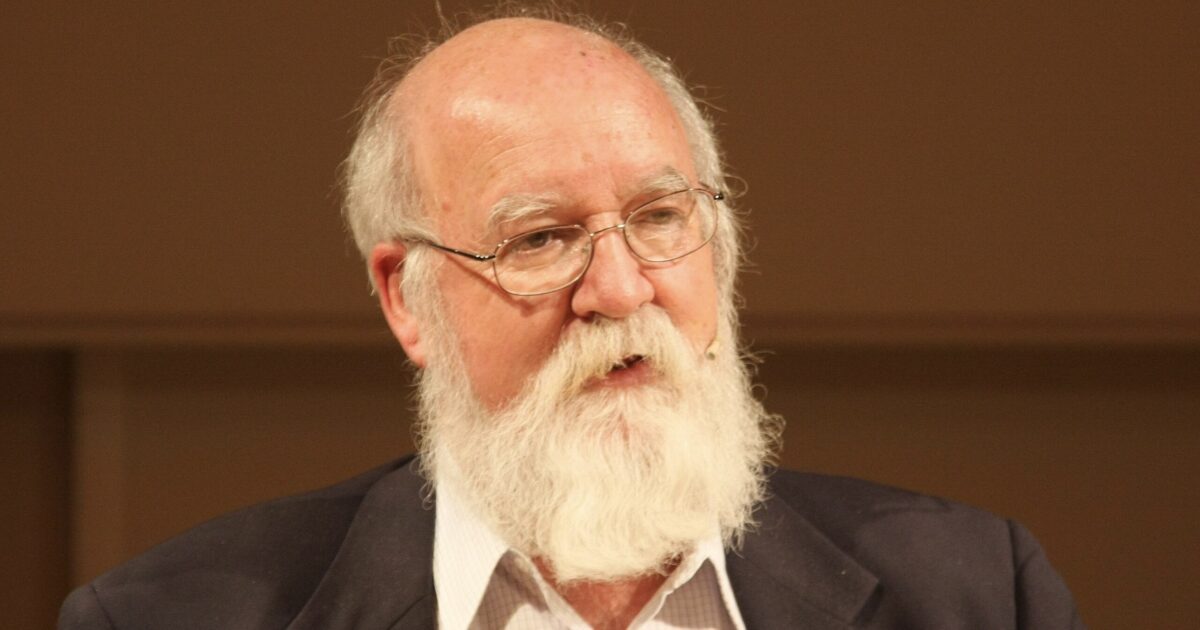
Farewell to Daniel Dennett
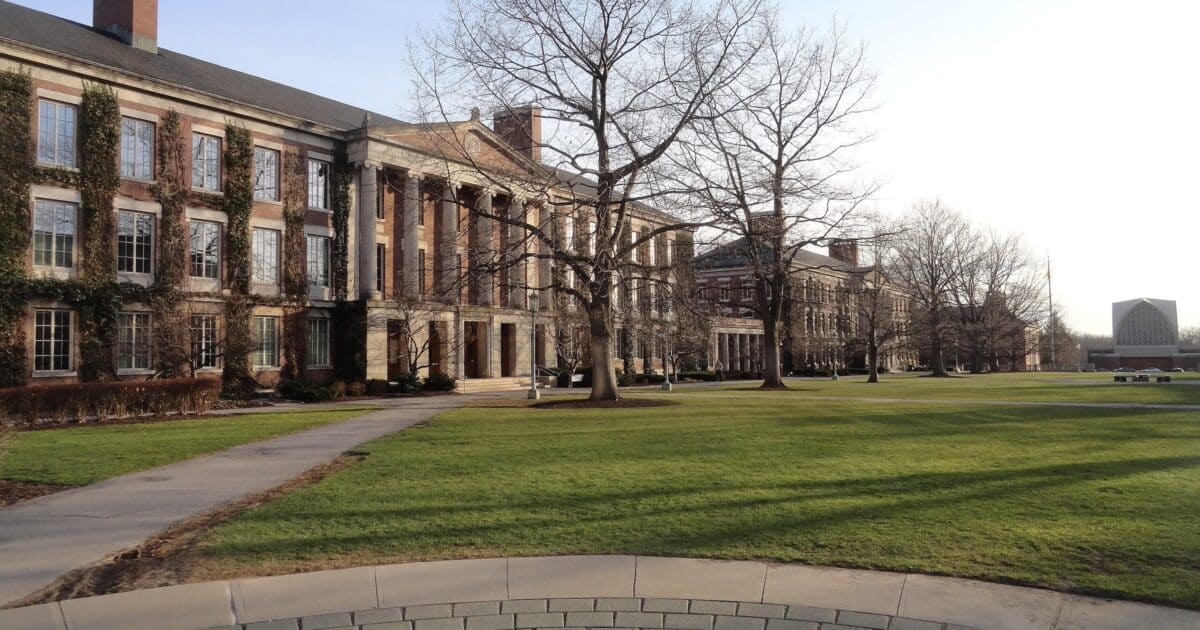
Leveraging the Design Inference for Effectively Falsifying Data

Orwell’s Cold Dystopia is Closer Than We Think
When we speak lies as truth, tyrants come marching in
The War on 2 + 2 = 4

What’s the Relation Between Intelligence and Information?
The fundamental intuition of information as narrowing down possibilities matches up neatly with the concept of intelligence
The Connection Between Intelligence and Information

Can We Trust Large Language Models? Depends on How Truthful They Are
Just because a piece of tech is highly sophisticated doesn't mean it's more trustworthy
Truth and Trust in Large Language Models
